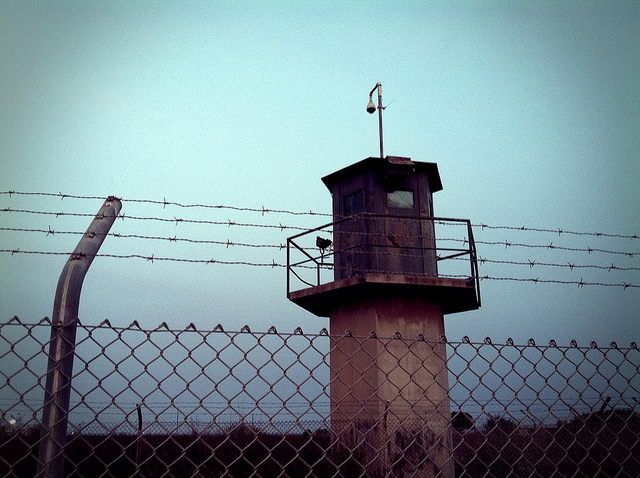The Spanish government is working on a proposal for a reform of asylum law, seen by El Pais, that combines changes required to conform with EU legislation with new measures to speed up asylum procedures. The proposal comes to light in the aftermath of a controversial ruling of the European Court of Human Rights (ECtHR) on summary returns to Morocco and amid further reports of unlawful deportations to Mauritania.
The proposal includes the introduction of a 30-day deadline for new asylum applications after which the application will be inadmissible, in line with EU Asylum legislation. The proposal also limits access to protection in detention centers for aliens (‘CIEs’) and extends the grounds for refusal of applications. People in administrative detention will only have ten days to formalize their asylum application once they have been informed of their right to ask for protection. Any further attempts to apply for asylum will be considered efforts to delay their removal without the possibility to appeal at the court, a provision not contained in EU legislation.
The proposal also incorporates the EU’s conception of ‘internal flight alternatives’ and ‘safe country’ into Spanish law, meaning that protection can be denied if certain areas in the country of origin are considered safe or if people had their habitual residence in a country considered ‘safe’, such as Morocco.
As an improvement to the rights of asylum seekers, the proposal also enshrines the recognition of the legal status of asylum applicants from the moment that they express their intention to claim asylum.
To speed up the processing of application, the proposal abolishes the involvement of an interministerial commission in the decision of asylum claims. Currently, the Office for Asylum and Refugees (OAR) is facing a backlog of 120. 000 asylum applications waiting to be processed, but is working to accelerate its pace.
Governing coalition partner Unidas Podemos criticizes the restriction of rights as not in line with the coalition agreement and has openly expressed its concern regarding a controversial ruling of the European Court of Human Rights (ECtHR). The court had ruled that Spain did not violate international law when directly returning two asylum seekers to Morocco, who had climbed the fence to the Spanish enclave in Melilla, without giving them the opportunity to apply for asylum.
ECRE’s head of litigation, Julia Zelevsnka commented on the ruling: “The judgment should in no way be perceived as giving States a carte blanche to resort to all sorts of arbitrary behaviours justifying it by the fact that someone was so desperate to storm the border”.
On Monday, Spanish Interior Minister Fernando Grande-Marlaska (PSOE) stressed the importance of having mechanisms at the border and in consulates to allow for requests for international protection, as refugee rights organisations demand. He also confirmed plans to repeal the ley mordaza, a law introduced by the conservative government in 2015, which includes provisions to legalize hot returns, as well as plans to increase the height of the border fence to Morocco by up to 30%.
On a related matter, Spanish media reported that on Monday the European Border and Coast Guard (Frontex) and Spanish authorities operated the third deportation flight in 2020 returning people of various nationalities, who arrived to the Canary Islands, to Mauritania. Human Rights Organisation have repeatedly denounced this practice as breaching international law as those of Malian origin may face chain deportations to their home country in conflict.
For further information:
- ECRE, D and N.T v Spain: Return to Morocco Did Not Breach Convention, February 2020
- ECRE, Spain: Two Persons Pushed Back to Morocco after 300 attempt to Cross Border Fence in Ceuta, January 2020.
- ECRE, Spain: Summary Expulsion of 42 People to Morocco, January 2020
- ECRE, Spain: Rights of Asylum Seekers Deteriorating at Border with Morocco, October 2019
- ECRE, Spain Curbs Last State-Run Rescue Operation in EU, August 2019
- ECRE, Situation Worsens for Migrants on Western Mediterranean Route, June 2019
- ECRE, EU Report Links Drop in Arrivals to Spanish Moroccan Cooperation, May 2019
- ECRE, Op-ed: The Rights of Minors – UN Condemns Spain’s Push-Backs and Demands Legal Amendments, March 2019
- ECRE, 34 refugees die waiting more than 24 hours as ships sinks off the coast of Morocco, 5 October 2018
- ECRE, Op-ed: Cooperation with Morocco in the EU’s African Border – a laboratory of externalization, 12th January 2018
- AIDA, Country report Spain, Update 2018, March 2019
Photo: (cc) Johan Barbarà, November 2012

